Ministry of Public Security warns of 5 scams related to tourism
According to the Ministry of Public Security, taking advantage of people's increased demand for travel, especially during the April 30 - May 1 holidays and the upcoming summer vacation, and taking advantage of the desire to travel cheaply, criminals have increased their fraudulent activities to appropriate people's property in many forms.
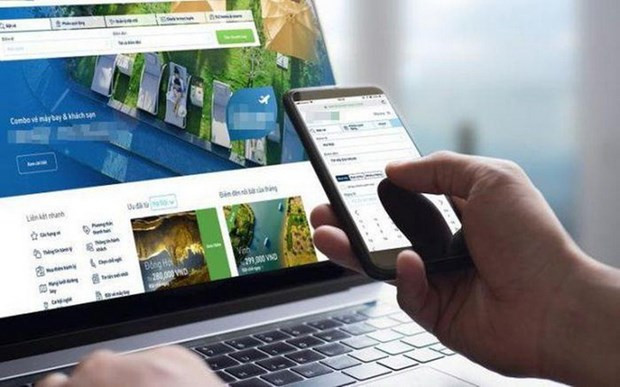 |
Fraudulent activities related to tourism are flourishing, especially during holidays and summer vacations. Illustrative photo |
Accordingly, some common fraud methods that subjects often use are as follows: Posting articles advertising cheap tours and hotel rooms on the Internet and social networks with many accompanying utilities, asking victims to transfer a deposit (from 30-50% of the value) to deposit for tours and hotel rooms, thereby appropriating the deposit.
Posting articles advertising foreign tourist visa services, promising a high success rate and a 100% refund if the visa is not granted. After the victim transfers the payment or part of the payment, the subjects will let the victim fill in the application form, complete the documents... Then, they will use the excuse that the victim provided missing information and will not return the money.
Fake the website/fanpage of a reputable travel company, fake photos of receipts, payment invoices and ask the victim to transfer money to pay for the tour. After the customer transfers money to pay for the travel service, the subjects will block communication and erase all traces.
Forging and hijacking social media users' accounts, contacting relatives on the friends list to say they are stranded while traveling abroad and need money immediately. The subject can use Deepfake technology (technology that applies artificial intelligence to create videos with images and faces of characters that are identical to the image of the person the subjects want to impersonate) and make video calls (images) to make the victim think that they are talking to their relatives and the need to borrow money is real, from there transfer money to the subjects.
The subjects impersonate airline ticket agents, create their own websites and social networking sites with links and designs similar to those of airlines or official agents, then advertise with very attractive prices compared to the general level to attract customers. If customers contact, the subjects will book airline tickets, send the booking code as collateral and ask the customer to pay. After receiving payment, the subjects do not issue the airline tickets and cut off contact. Because the booking code has not been issued to the airline tickets, it will self-destruct after a while and the customer will only know about this when arriving at the airport.
To avoid being scammed by the above tricks, the Ministry of Public Security recommends that people: Carefully research information when choosing travel packages, should choose tour booking services, room booking, airline ticket booking of reputable companies or through travel apps (travel applications). For more peace of mind, people can ask the partner to show the business license, documents, practice certificates... of the travel company.
Be cautious when receiving an invitation to buy a tour package at a very cheap price (30-50% cheaper than the general market price); especially, be cautious when the travel agency asks for a deposit to hold a seat, if possible, make a direct payment transaction.
At the same time, pay attention to the signs of fake websites through the website name and domain name. Usually, the names of fake websites will be similar to the names of real websites but will have some characters added or missing. Fake domain names often use strange extensions such as .cc, .xyz, .tk...
For social networking sites (Fanpage) that sell and promote travel packages, especially cheap travel packages and cheap air tickets, people should choose social networking sites with a blue tick (registered accounts) or choose reputable social networking sites where they know the seller's information. Confirm the information on booking rooms and air tickets to promptly detect signs of fraud and report to the nearest police station for guidance on how to handle the situation.

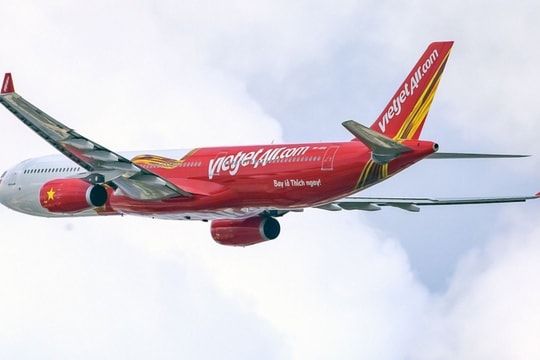
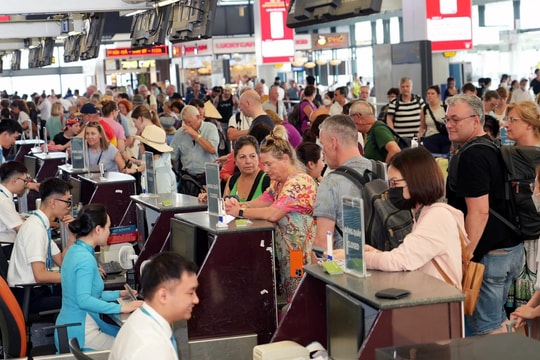

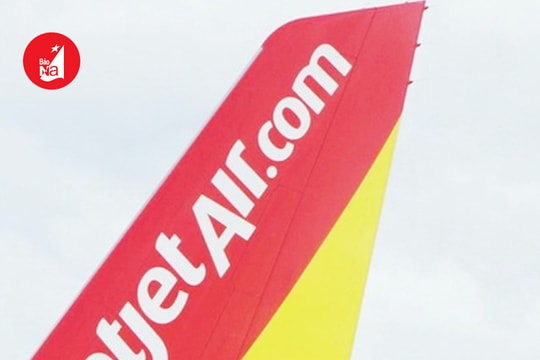
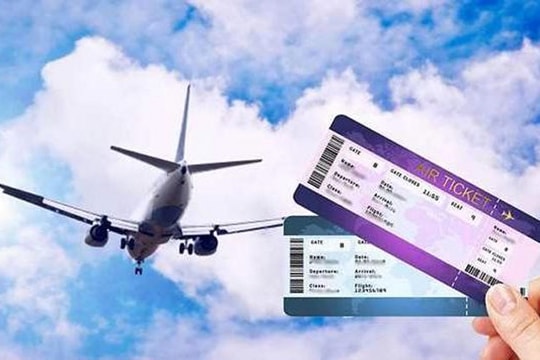
.jpg)

